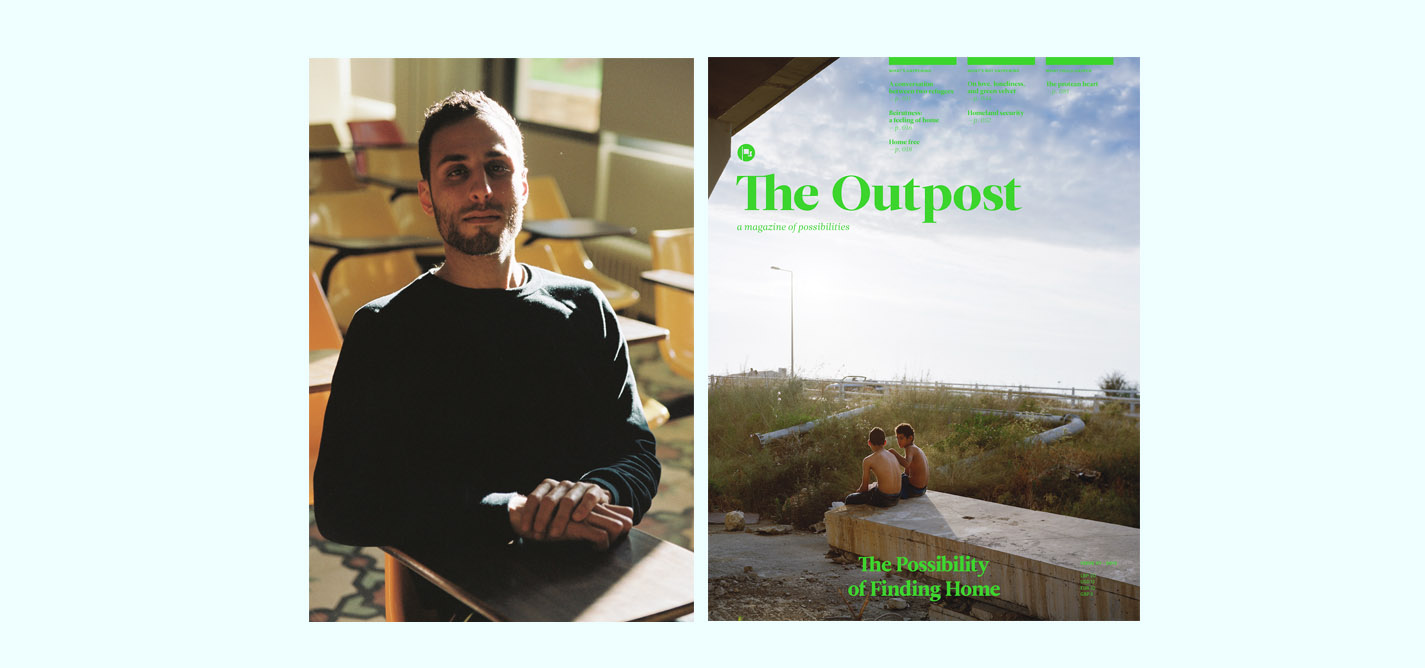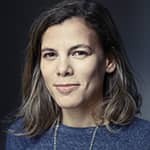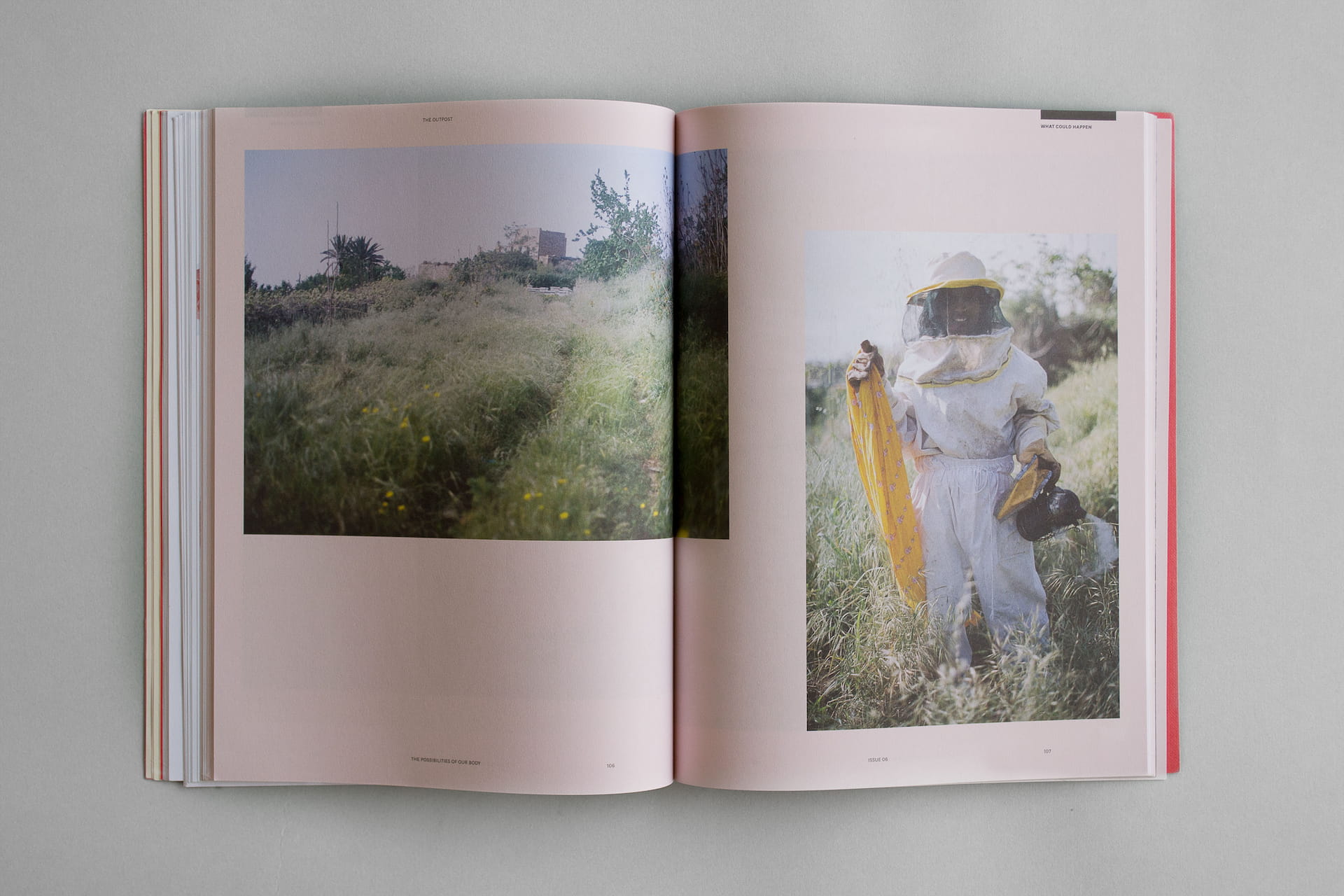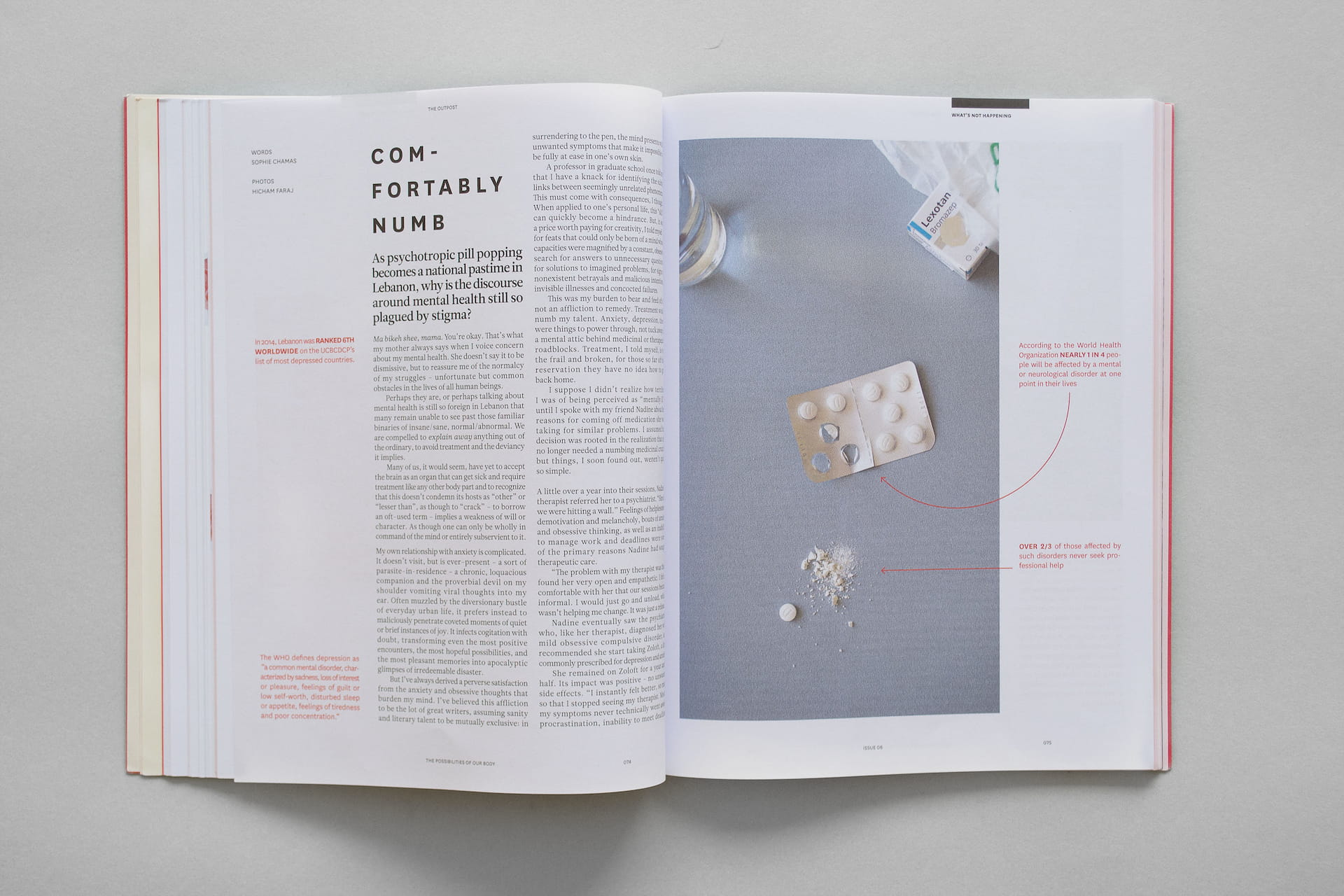
Ibrahim Nehme: Change begins in our imagination
Beirut-based magazine founder talks about the power of the media to provoke radical change.
The impact of imagination
Workshop: “The Lifecycle of an Idea”

Cristina Marí
Cristina Marí is a board member of K2.0. Cristina has a bachelor’s degree in journalism from the University Complutense of Madrid in Spain and the University of Bucharest, Romania.
This story was originally written in Albanian.



